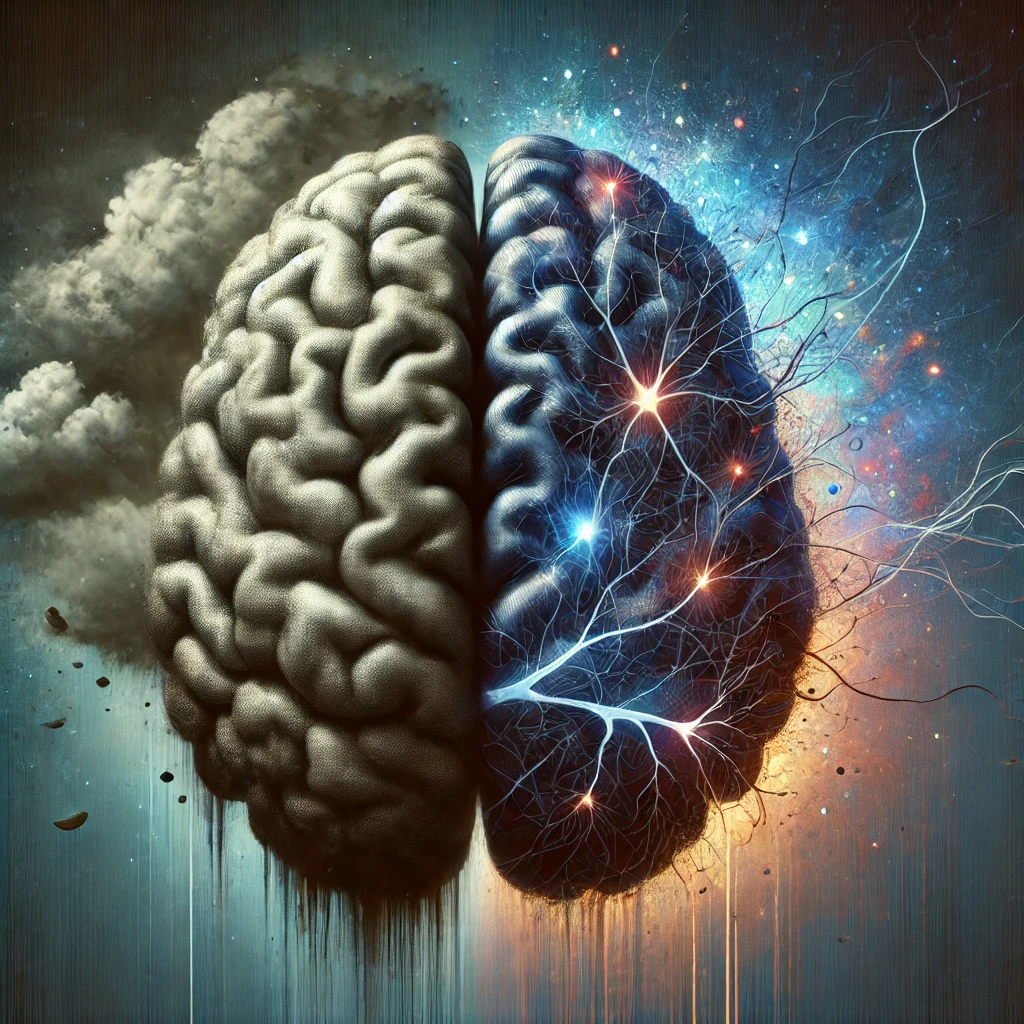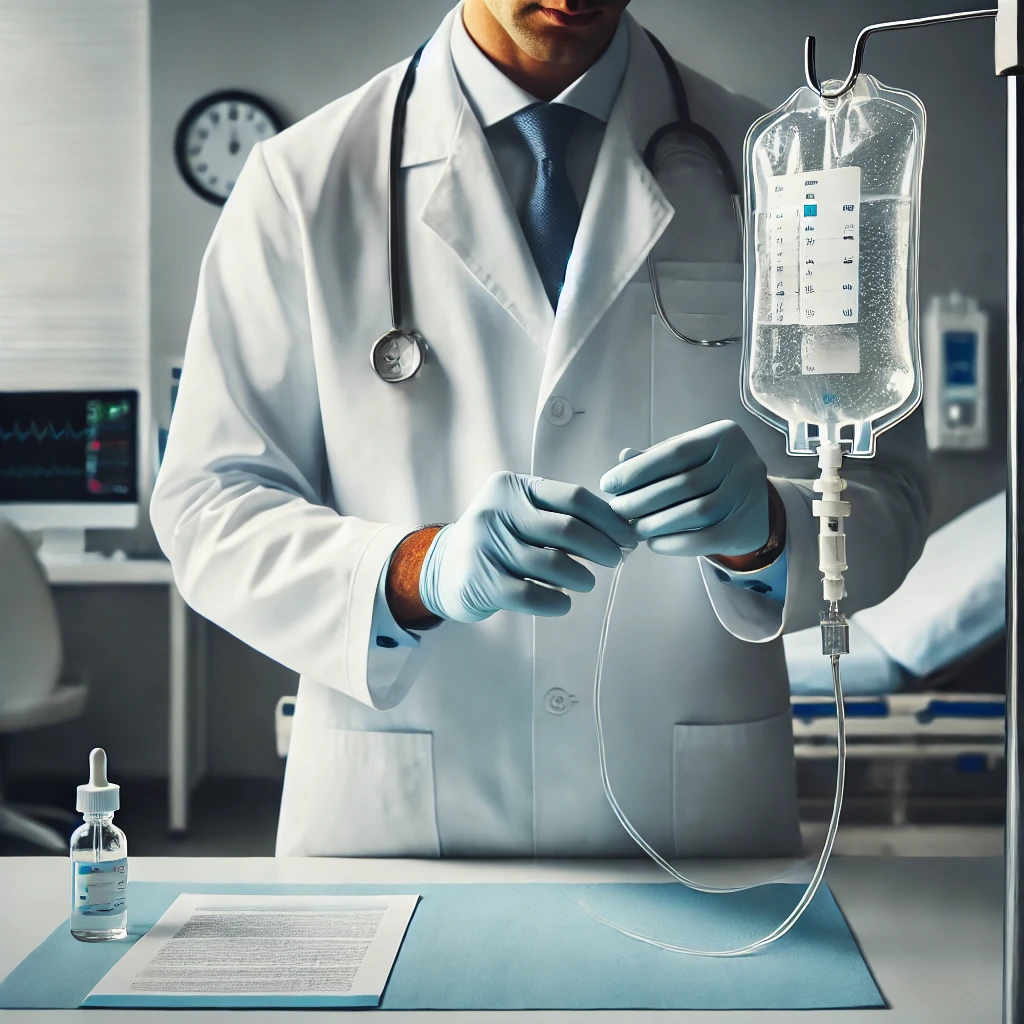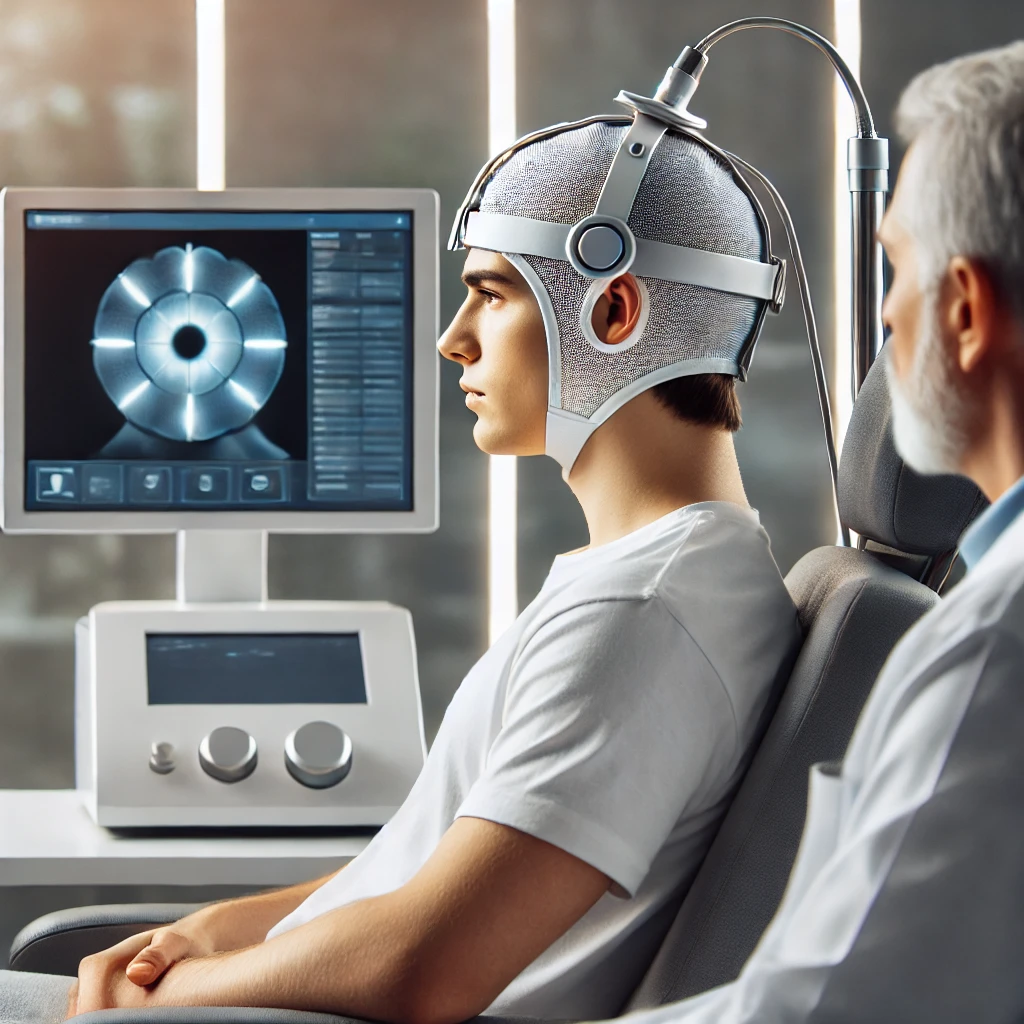
One of the most common mental health issues everywhere is depression. While antidepressant medications and therapy help a number of individuals, a large portion of the population afflicted by this disorder isn’t able to find help even after countless attempts. This is what is known as treatment-resistant depression (TRD), and it can profoundly reduce a person’s quality of life.
Ketamine therapy is proving to be an innovative option for Resistant Depression Treatment , providing instant relief and renewed hope. This article discusses the effectiveness of ketamine, how the treatment experience is, and how it is compared with other forms of therapy like Transcranial Magnetic Stimulation (TMS Therapy). In addition, the management of depressive symptoms and Mental Health Support will touch on the role of lifestyle modification in those areas.
Depression is a mental health disorder that, at times, could stand on its own, but commonly, it is one that emanates from or worsens due to medical factors. Some chronic illnesses like diabetes, autoimmune disorders, and heart disease can change the chemistry of the brain, causing persistent sadness, fatigue, and hopelessness.
Certain neurological diseases, like multiple sclerosis and Parkinson’s, frequently cause variations in the activity of neurotransmitters, which makes a person more susceptible to depression. Moreover, certain body’s inflammatory processes which are frequently associated with rheumatoid arthritis and irritable bowel syndrome have been linked with higher frequencies of depressive symptoms.
When treating a patient that suffers from Resistant Depression, it is very important to pay healthcare attention to existing whole-body comorbidities, if any. In that case, the intervention needs to be two-fold, as one would address the mental healthcare issue as well as the other underlying physical one. Addressing the overall triggers in the body can allow foster treatment as well as enhance the wellbeing of the patient, emotionally.
The presence of TRD can alter one’s quality of life for the worse, placing negative impacts upon every basic aspect of life including relationships and work-related responsibilities. Almost every individual tends to get exhausted emotionally, which makes it difficult for a person to connect socially to their peers or even actively engage in any activities. There is plenty of evidence to suggest that in the worst cases productivity at work declines significantly which causes stress in working, financial difficulties, and career problems. For individuals needing intensive care, many explore options like residential treatment for depression near me to find structured support and recovery.
The unsolvable side of TRD can also generate a lot of people feeling lonely because of the pain of being surrounded but solitary. Disruption of normal sleep patterns, changes in eating behaviours, and persistent tiredness of the body work together to produce the most destructive repercussions of this illness.

Resistant Depression Treatment would not be classed as traditional since it does not respond to medications and rather adopts more advanced methods. It is here where ketamine therapy serves as a substantial alternative for those who find no relief through conventional techniques.
While TRD comes with its own unique challenges, it is essential to note that there can be effective methods for treatment. The challenge of overcoming TRD can be simplified with a multi-faceted approach method with Medical Care and Lifestyle Change.
Healthy lifestyle choices combined with ketamine therapy and TMS therapy, which is an additional method for non-invasive treatment for those who do not respond to medication, can improve the outcome of mental health in the long term.
Ketamine does not work like traditional antidepressants. It focuses on brain parts that manage glutamate instead of serotonin, different to standard medications. It also strengthens synaptic connections which increases brain services and positive alters the structure making the aging recursive. The central symptom relief seminal one to three hours is why it works.
There are many ways to administer treatment use nebulized spray, ketamine IV infusion are two primary methods. Each method has its own advantages and considerations that we will discuss down the line.
The therapy sessions involving ketamine are outlined below:

Because of the controlled and direct administration, those suffering from depression have found IV ketamine to be effective. Standard sessions are around 40-60 minutes and patients may undergo mild dissociative effects while under. After a few hours, patients tend to be in an uplifted mood and experience reduced symptoms of depression.
Custom treatment plans set forth and enacted by a physician will often include multiple sessions for the best results. IV ketamine has proven effective without the need of other adjunct medications unlike other prescription antidepressants.
Esketamine Spravato is a spray form of ketamine used solely for treatment-resistant depression (TRD) that has been approved by the FDA. It is a patient administered drug but requires a healthcare professional’s supervision unlike IV Ketamine. Initially patients are scheduled to receive treatment biweekly, and this is scaled back depending on their progress.
This method can be especially useful for patients who wish to avoid surgical procedures. It must be noted, however, that like other formulations, it has a variable response dose relative to effectiveness.
Patients may have mild postural hypotension, slightly blurred vision, confusion, and other symptoms following therapy. These effects should be mild and self limiting, but it is recommended that patients do not drive and arrange for someone to assist during their recovery period of the day.
Many patients do immediately perceive quite a change in their moods within hours but the overall positive impact often takes a few therapy sessions to develop. The providers manage the dosage to ensure that it remains effective.

With the aid of TMS therapy patients are treated using pulses of magnetic fields targeted at areas of the brain which manage positive emotions. TMS does not utilize drugs and it is therefore useful for people who wish to avoid medication and don’t respond to therapies.
By enhancing neural activity, Transcraminal Magnetic Stimulation can increase emotional stability, decrease anxiety and provide long-term relief for many patients’ symptoms. This is the reason that many opt to combine TMS Therapy Englewood with ketamine therapy for greater levels of treatment for TRD.
In the case of treatment for Resistant Depression, ketamine therapy is particularly effective as it provides quick relief and restores normal brain function. It is important to understand the available treatment options such as IV infusions, nasal spray, and TMS Therapy Englewood to determine the best course of action for one’s mental health. Patients may also benefit from learning about the pros and cons of tms therapy before starting treatment.
Like all novel treatment approaches, those who wish to use ketamine therapy should contact a healthcare provider first to assess appropriateness and come up with a suitable plan. With judicious pointers from medical professionals in the right setting of Mental Health Support, complete recovery from depression can be attained. Mental Health & Brain Fog: Myths, Real Causes & Solutions for Clarity also play a crucial role in understanding cognitive wellness and achieving mental clarity.
We use cookies to improve your experience on our site. By using our site, you consent to cookies.
Manage your cookie preferences below:
Essential cookies enable basic functions and are necessary for the proper function of the website.
Google reCAPTCHA helps protect websites from spam and abuse by verifying user interactions through challenges.
Google Tag Manager simplifies the management of marketing tags on your website without code changes.
You can find more information in our Cookie Policy and Privacy Policy.